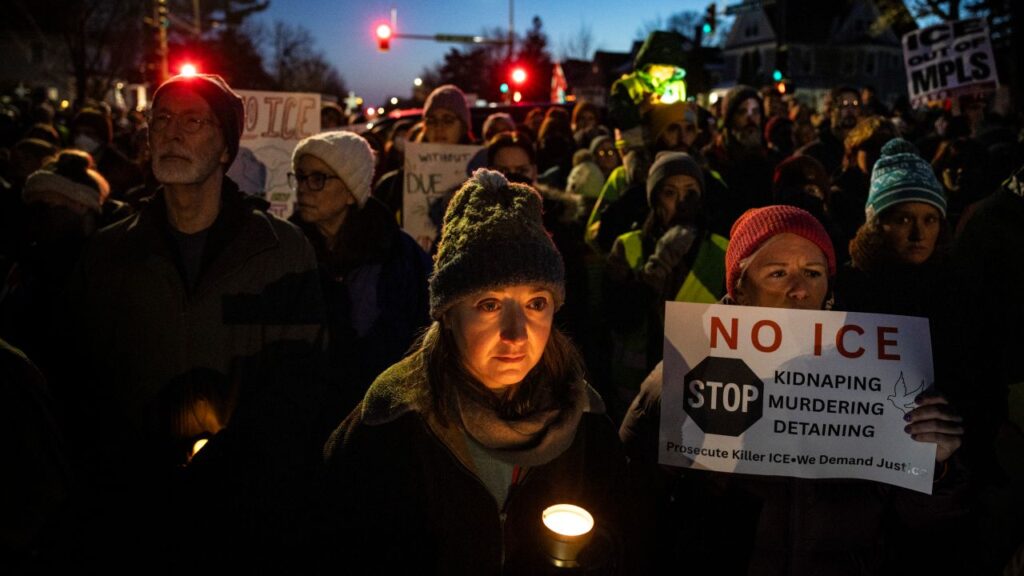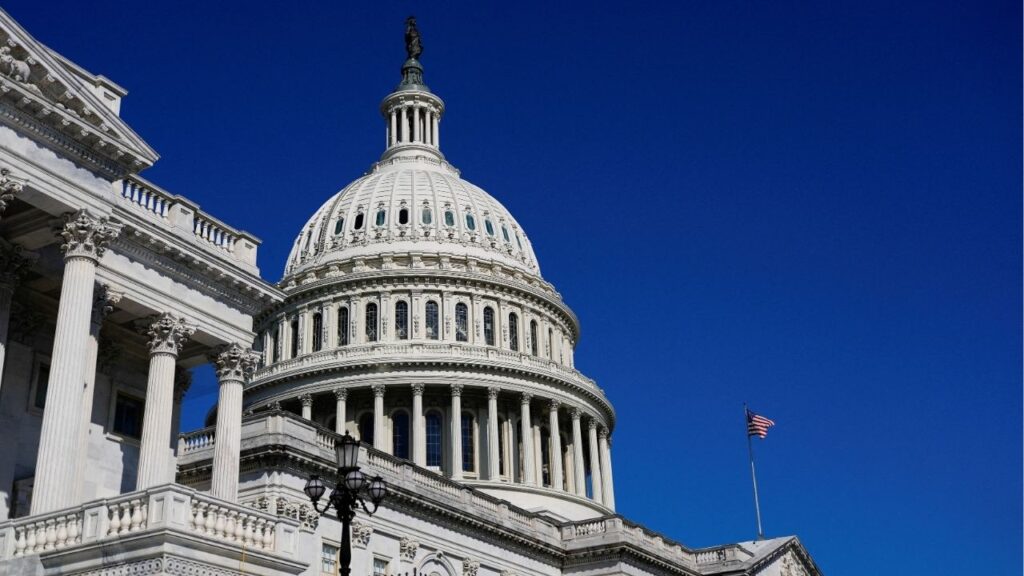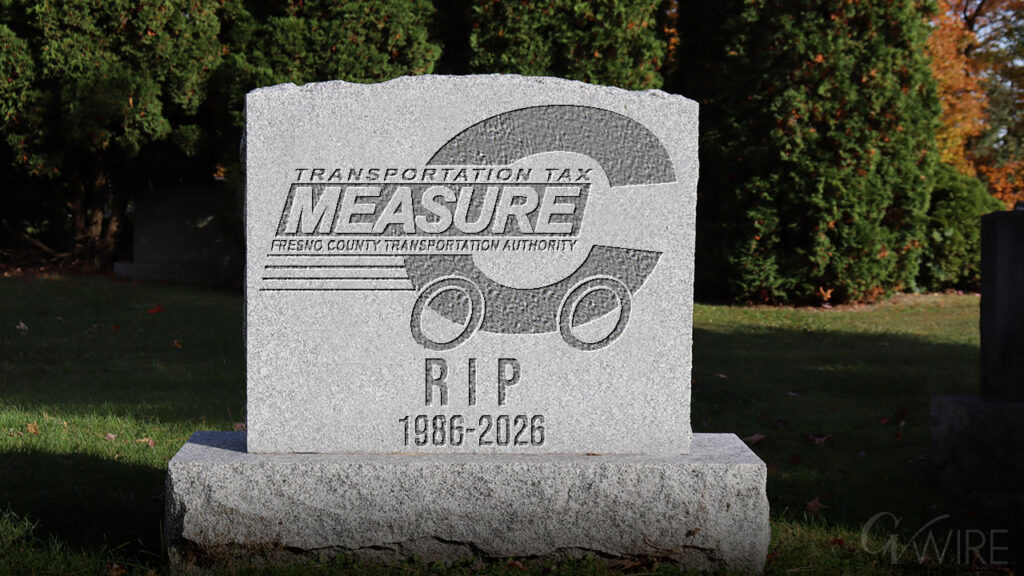The financial strain Millennials face today — balancing high costs, stagnant wages, and long-term goals — mirrors the tough economic conditions of the past, forcing many to make difficult choices between personal values and financial stability. (GV Wire Composite/Paul Marshall)

- Millennials grapple with high costs and stagnant wages, forcing tough decisions between personal milestones and financial stability.
- Inflation and wage stagnation have created significant financial strain for Millennials, impacting their ability to save and invest.
- While not facing a Great Depression, Millennials experience similar financial challenges, showing resilience through adaptability and new career paths.
Share
|
Getting your Trinity Audio player ready...
|

Anthony W. Haddad
The Millennial View
I’ve got a wedding to attend in a couple of months, but the only place to stay is a staggering cost of $400 a night. Do I go and risk messing up my finances, or do I skip the wedding of a lifelong friend?
This isn’t just about spending a night or two away. It’s a reflection of the financial strain we’re all dealing with these days. Buying a house and managing a mortgage seems like a far-off dream when every trip to the grocery store digs us deeper into debt. And don’t even get me started on commuting costs — it’s like we’re never going to catch a break and get back to financial stability.
I also refuse to buy anything other than the premium toilet paper, don’t give me that two-ply nonsense. I want the Charmin bear hugging me.
Related Story: I Am a Former Bitwiser and This Is My Story
Our Economy Is Not Kind
Inflation is a major issue, with rates swinging widely. After a period of relatively stable prices, recent global disruptions — like supply chain problems, geopolitical tensions, and big economic stimulus packages — have pushed inflation higher.
At the same time, wage growth is all over the place. While some sectors have seen decent increases, many others aren’t keeping up with rising costs, resulting in what’s often called “wage stagnation.” Basically, we’re spending more while earning less.
Millennials, who are now in the early to mid-stages of their careers, are feeling this double hit of stagnant wages and rising expenses. Even with putting in extra hours and taking on more responsibilities, it often feels like our real income isn’t growing fast enough to keep up with living costs. It’s like trying to fill a bathtub with the drain wide open — no matter how much you try, you’re just wasting energy.
Related Story: The Millennial View: Why I Love the Olympics
This financial strain makes saving or investing tough and creates big obstacles for reaching long-term financial goals. For many, the idea of retiring comfortably seems to be drifting further out of reach.
The Millennials Cope With Financial Uncertainty
We’re in a spot where planning for the future feels almost impossible because we never know how much our next grocery trip will cost or, worst-case scenario, if our car will break down. That’s why many Millennials don’t have cars. A couple of my friends sold their cars because they no longer could afford them.
With Millennials averaging about $47,034 a year, according to the U.S. Census Bureau, buying a house or even maintaining one on that income seems out of reach. Even buying something as simple as a LEGO set to build a little house feels like it might stretch my budget too thin.
We are pushed to tighten our budgets, pick up side jobs, or make big lifestyle changes just to stay afloat. This struggle is especially tough for those just starting out in our careers and financial journeys, since we have less room to absorb unexpected expenses.
Related Story: As Millennials, We are Used to Being Numb and We Need a Nap
I asked on Instagram how Millennials are managing their finances, and many responses focused on cutting back on dining out or weekend outings.
It’s true that food and drinks can really add up. While this change might lead to healthier habits, it also has its social downsides. Skipping out on dining and social activities can make it tougher to keep up with friendships and enjoy downtime, which affects our overall quality of life.
Others mentioned cutting back on food delivery services and ordering less from Amazon. We often spend a lot on convenience to keep up with hectic work schedules, even though we’re trying to balance budgets. I am sitting here writing this while I have a Walmart order to pick up on my lunch for this weekend. #Multitasking.

With my budget covering gym membership, housing, transportation, occasional clothing, groceries, and various other expenses, it’s not always possible to fit in a “sweet treat.” Sometimes, those little extras just have to wait.
Not the Great Depression but We Are the Greatly Depressed
I’m not here to whine about how tough things are or say “life is so hard.” We’ve got to roll with the punches and adapt to these changes. What I’m really pointing out is that our generation is figuring out these shifts on the fly. We haven’t dealt with something as huge as the Great Depression, but there are some clear similarities.
Millennials started their careers during the Great Recession, which was already tough with high unemployment and a shaky job market. And then, just when things were starting to recover, the COVID-19 pandemic hit and made things even worse.
Related Story: I Am a Former Bitwiser and This Is My Story
Back in the Great Depression, unemployment hit a staggering 25%. While we’re not facing those numbers, we’re still dealing with higher unemployment rates than previous generations. Many are juggling side gigs or freelancing to make ends meet, which can be pretty unstable and lacking in benefits.
Many people lost their homes during the Great Depression. Today, high housing costs make buying a home seem out of reach for a lot of millennials. Add on student loans and stagnant wages, and saving for a down payment becomes even more daunting.
But here’s the bright side: just like people back then, we’re showing resilience and adaptability. In the early 1900s, communities banded together and came up with creative solutions to get through tough times. Similarly, Millennials are using new technologies and forging alternative career paths, like starting businesses or working remotely, to tackle economic hurdles.
Millennials Must Prioritize What Is Important
My struggle of choosing between a wedding and keeping financial stability is representing a dilemma that many millennials grapple with. It’s a balancing act between valuing personal connections and managing financial realities.
As we work through these tough decisions, it’s important to remember what matters. The moments we create and the relationships we build are what ultimately shape our lives, even when money is tight.
So, I am going to the wedding … sorry wallet.
RELATED TOPICS:
Categories

By Killing Renee Good, ICE Sent a Message to Us All


















